The Advantages of Self-Funding
Self-funding Advantages
A self-funded group health plan is one in which the employer eliminates obligations to a health plan provider by assuming the financial risk for providing health care benefits directly to its employees. While experienced, successful business managers are experts at mitigating risks, many will gladly take on risk exposure if the probability is good for a high payout.
There are numerous well-documented advantages to self-funding for employers that manage risk well; including:
- Reduced insurance overhead costs. Carriers assess a risk charge for insured policies (approximately 2 percent annually), but self-insurance removes this charge.
- Reduced state premium taxes. Self-insured programs, unlike insured policies, are not subject to state premium taxes. The premium tax savings is about 2 to 3 percent of the premium dollar value.
- Avoidance of state-mandated benefits. Self-insured plans are exempt from state insurance laws, subject only to Employment Retirement Income Security Act (ERISA) compliance.
- Choosing benefits services à la carte
- Flexibility in plan designs, administration and offered services
- Customizable stop-loss insurance to reduce the risk associated with high claims
- Improved cash flow. Self-insured employers do not have to pre-pay for coverage, and claims are paid as they become due.
Additional cash flow if reserves are held in an interest-bearing account. Hyland Insurance welcomes the opportunity to help your organization examine its plan designs and make recommendations for improvement.



